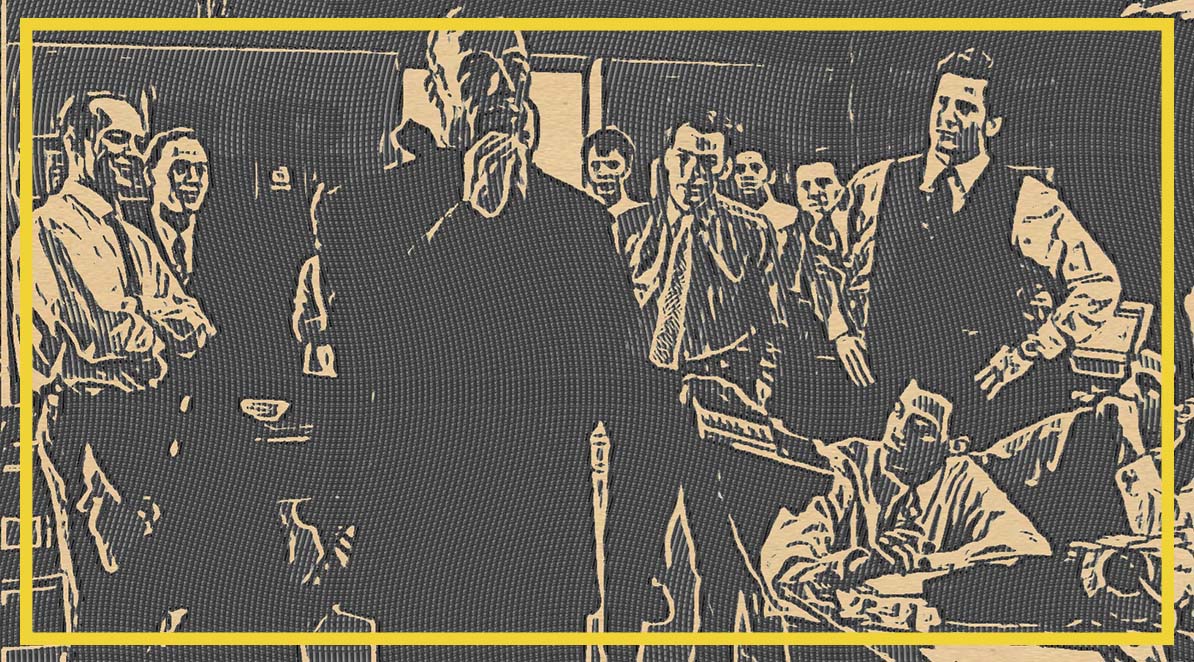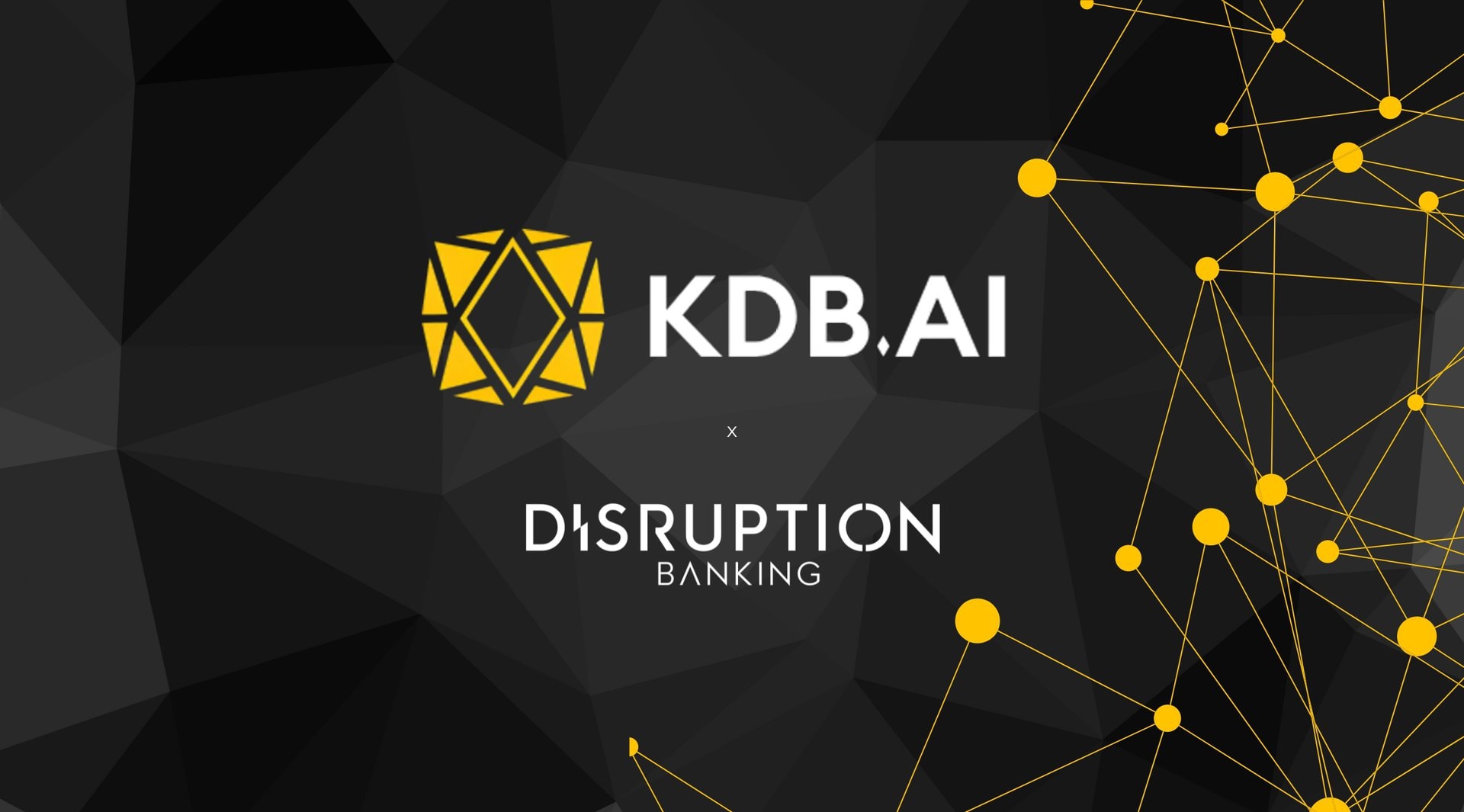Many people know of D. E. Shaw and Co. because of the fact that Jeff Bezos once worked there. Fewer know that the firm is one of the five highest-grossing hedge funds of all time. Others from among their alumni are John Overdeck and David Siegel of Two Sigma. And Eric Schmidt, former Google chairman, also owns 20% of the firm and says that the firm “feels like Silicon Valley in Manhattan.”
In September 2019 The New York Magazine published an in-depth piece about David Shaw, founder of D.E. Shaw & Co. The Article was even more intriguing due to the fact that words such as “secrecy” and “stealth” seem to abound when it comes to both the man and the firm, yet the world was given insight into the firm several times in 2019. So far, in 2020 though, things have returned to “stealth” mode from the news stories available.
Let’s wind the clock back to 1988 for a moment and we see David leaving his senior role at Morgan Stanley to found D.E. Shaw & Co., which back then he wanted to be a research firm that happened to study the intersection of computing and finance. The mathematical side was also highlighted in 2010 when Sebastian Mallaby noted that David Shaw “ pursued numerical precision with a zealous intensity,” in his More Money Than God book.
Next, Cathy O’Neil wrote in 2016, an ex-quant who worked at DESCO (the name by which D.E. Shaw & Co. is known internally), in her book – Weapons of Math Destruction: “Shaw mostly prohibited us from talking to colleagues in other groups – or sometimes even our own office mates – about what we were doing.”
It does appear that everyone signs up to nondisclosure agreements within the company, and with the financial alchemy taking place at the firm, who can blame them.
There is a small thing to mention here, because some time before 2010 David Shaw stopped being the CEO of D.E. Shaw & Co., preferring instead to pursue research into “computational biochemistry”. He now operates more as a “Chief Scientist” within the firm, leaving the running of the business to a five-person Executive Committee who have worked together for over 20 years now.
The FT in March 2019 noted that most hedge funds fade when founders step down, but this has definitely not been the case with D.E. Shaw & Co.
The firm has gone onto be a leader in combining quantitative investing with traditional “fundamental” strategies driven by human decision-making. Some asset managers call this “quantamental”, and lots of firms across the world have been hurrying the hiring of computer scientists in an attempt to emulate the firm’s strategy. Big Data and Artificial Intelligence are just some of the areas where the firm is considered a pioneer.
In August 2018, Pedro Domingos joined DESCO as managing director and head of the firm’s new machine-learning group. Pedro is also author of The Master Algorithm and a professor of computer science and engineering.
The following video is from October last year where Pedro shares his thoughts about Monte Carlo, Bucket Brigade, Back Propagation, Capsule Networks and a whole lot more. Pedro has also stated that the financial markets are the world’s most complex, most advanced information processing systems. So, if you ever wanted to see how seriously hedge funds and trading firms are taking the future, this kind of technology leader joining their ranks is a compelling answer:
Quantum computing was another thing the FT mentioned that the firm are investing in with a general acknowledgement that quantum computing is the future.
But there had to be a hurdle somewhere, and like each industry needs its’ disruptor, D.E. Shaw & Co. had their own in-house disruptor too. Except that he might not be seen as a traditional disruptor, especially by the strict NDA and compliance processes that appear to be in place within the firm.
Daniel Michalow, ex-senior fund manager of D.E. Shaw Co. was fired in 2018 for “gross violations of our standards and values”.
In his response Daniel was less than complimentary about D.E. Shaw & Co. painting something between a scene from Boiler Room and an Office Romance sitcom. He goes on to criticize the firm for “lavish, alcohol-filled parties” and for visits to strip clubs. The case is coming to a close with recent revelations earlier in 2020 about Daniel’s visit to Davos for the World Economic Forum (while working for the firm) causing further ripples in the Hedge Fund industry
Fortunately for the firm, Daniel appears to be the exception rather than the rule. It is a testament to how the D.E. Shaw & Co. is dealing with this story, that the full story from the FT can actually be downloaded from their own site including the story of Daniel.
During the recent upheaval caused by the Virus, competitors like Bridgewater Associates led by Ray Dalio and Citadel led by Ken Griffin have been much more vocal than the either David or the Executive Committee at D.E. Shaw & Co. Ray has been challenging the concept of modern capitalism, while Ken moved some of his team to a luxury hotel in Palm Beach, Florida. Citadel helped trade over 20% of US daily equities through March 2020 as well, whilst setting up in the hotel almost at the same time.
Ken spoke with Bloomberg in May leaving readers to muse about how dramatically things have changed in Capital Markets. Times where trading firms can side-step the virus turmoil by running their infrastructure from data centers rather than having to have their teams manning the phones or working from the trading floor.
If that wasn’t enough Citadel is also supporting a new equity market that is suggesting it will be going live in September and might give NYSE and Nasdaq a run for their money: MEMX. Watch this space as this looks set to cause further disruption for capital markets. One of the differentiators they list on their site is: “lower pricing on market data, connectivity and transaction fees”. With time, we are sure the benefits list will grow.
In the meantime D.E. Shaw & Co. formed Arcesium through DESCOvery, the firm’s incubator for innovation in non-asset management technology businesses and ventures in areas such as fintech and data analytics. In 2010, D.E. Shaw & Co. embarked on a complete overhaul of its technology stack. Arcesium was the end result of the overhaul and today Gaurav Suri serves as the CEO.
In January J.P. Morgan decided to invest in Arcesium, having hired the firm to help with the bank’s administration platform with its software.
Libby Vanderkaay, SVP, Head of Account Management, Arcesium explains what the platform can do in a Press release in May 2020:
“These days, fund managers want unprecedented access to massive amounts of data, and they need this information in a cleansed and normalised way. The mandates include real-time access to data in a user-friendly format. Built in a scalable, flexible manner, the Arcesium platform can provide that.”
An essential building block of this speciality is related to regulation. As the financial industry continues to come under more substantial regulatory burdens, managers are looking to outsourcers for support in this regard. “It takes time and effort to keep up with changing regulations, so firms are often looking to outsource more of these functions. As a manager, the last thing you want is to be unprepared for regulatory events or recording requirements.”
With some recent hires in London as well, the next step for D.E. Shaw & Co. is naturally to strengthen its’ foothold in China where it is one of 26 foreign asset managers covering about 0.3% of the market, or 9 billion yuan, so far.
It will surely be interesting to see how some of the top hedge funds will do now they have entered the Chinese market. Early signs are that they will need to hire local experienced talent which may not be as easy as it seems. Even with the wealth of history that a firm like D.E. Shaw & Co. possess, local asset managers and quants are catching up and homegrown Chinese hedge funds are reported to be growing both in size and in number.
Local firms in China like High-Flyer and Shanghai Mingshi are trying to close the gap in technology with firms like D.E. Shaw & Co. High-Flyer and Mingshi are both benefitting from being ‘latecomers’, borrowing technologies and algorithm models from abroad, according to UBS Asset Management Hedge Fund Solutions. While they may lack years of trading experience and often have less robust research and investment systems, they compensate with on-the-ground knowledge that foreign peers need time to gain, said Xia Kun, who’s responsible for fund of hedge fund management for UBS’s China private fund management business.
A lot will depend on how the looming trade crisis between China and the United States will evolve. With inflated stock prices and negative interest rates dominating talk on the markets in the US, surely more and more emphasis will be laid on developing channels into the highly sought after Chinese market.
Watching how funds such as D.E. Shaw & Co. unleash their technological know-how on to this relatively new market will be one of the key things that will define the Quant landscape in 2020. Or maybe platforms like Arcesium will be one of the differentiators going into 2021. One thing is sure, David Shaw has probably analyzed the predictions and has already come up with a stable plan for how things will evolve.
#DESCO #DEShaw #Quantamental #MonteCarlo #BucketBrigade #BackProp #Algorithms #Quantumcomputing #Memx #DESCOvery #Arcesium #nondisclosureagreement #disruptor















